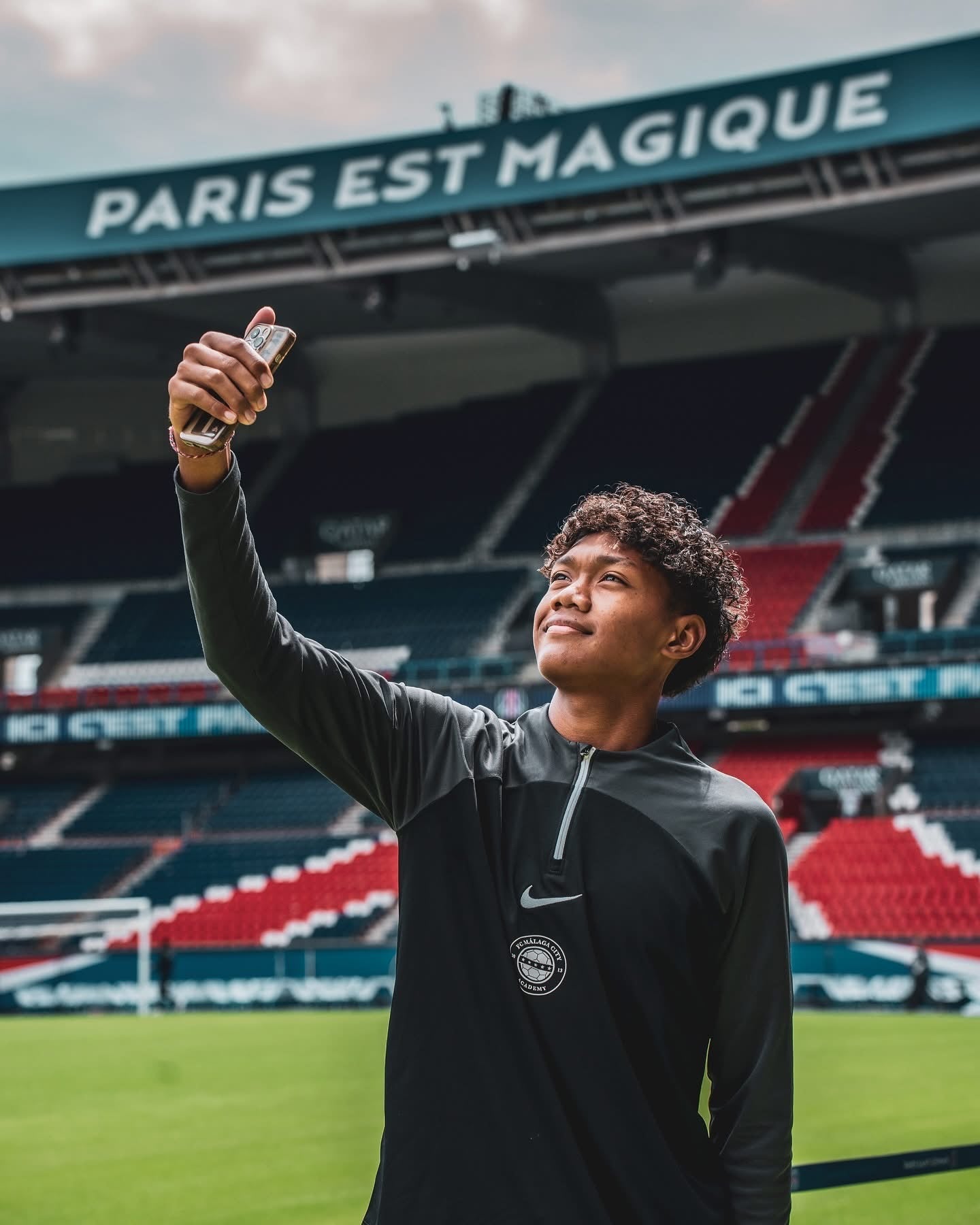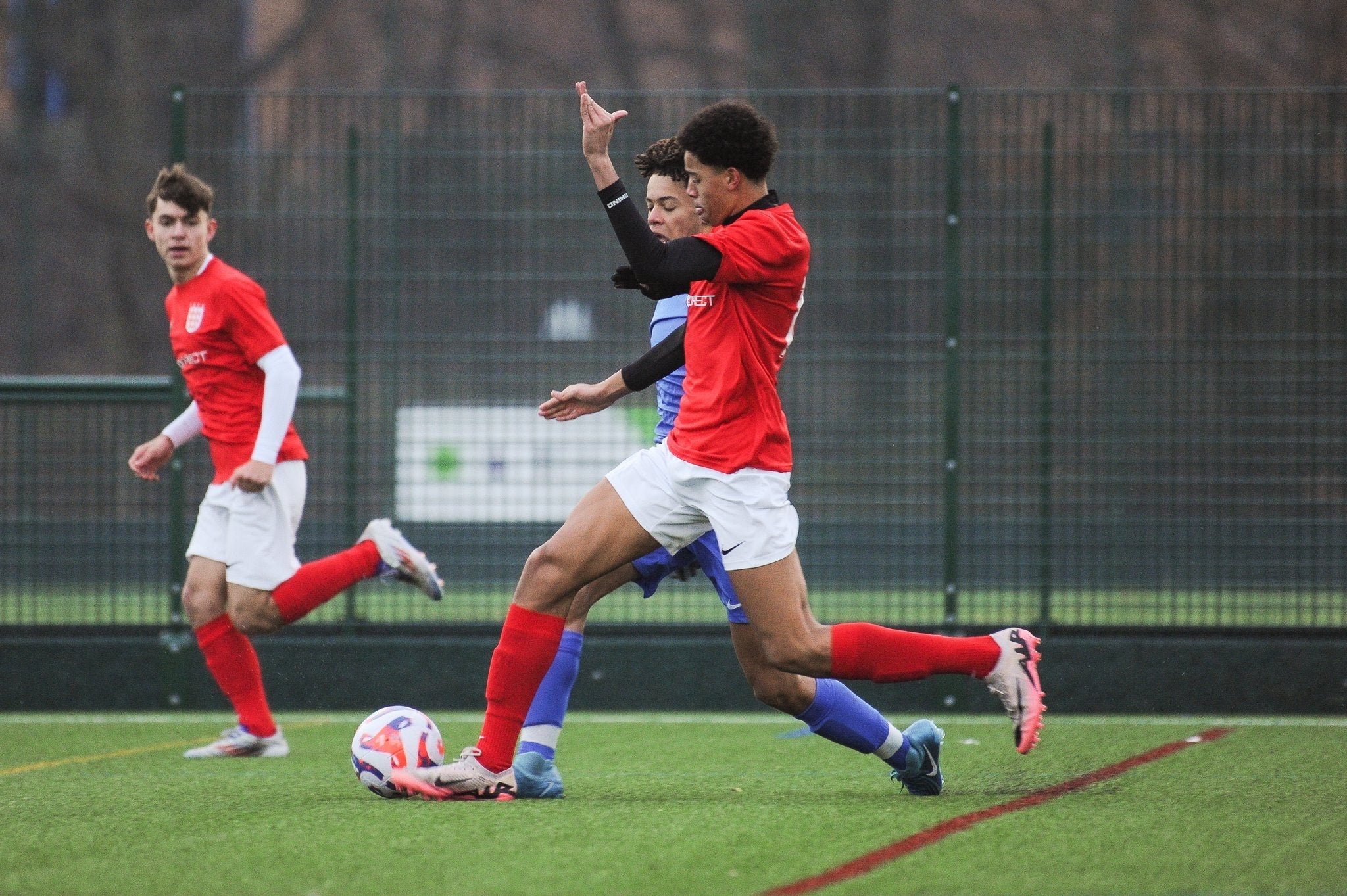Success at elite UK football academies and boarding schools heavily depends on making the most of every training session. Consistent high-quality training drives improvement, helping young footballers stand out to coaches and scouts. While structured sessions led by expert coaches are essential, how you approach each session ultimately determines your growth and success. This guide offers practical strategies to maximise your training effectiveness, ensuring that every practice contributes to your football development and professional ambitions. For pathways and placements, see our work with elite UK football academies and football boarding schools.
Prepare Thoroughly
Proper preparation sets the foundation for effective training, allowing you to maximise each session.
Goal Setting
- Define 1–2 specific objectives for each session that target your priority weaknesses.
- Align objectives with what coaches value; review our guide on how academies assess players.
Nutrition and Hydration
- Fuel 2–3 hours before training with a balanced meal and top up with a light snack if needed.
- Hydrate before and during sessions; see NHS guidance on fluids and hydration.
Mental Readiness
- Arrive early, review your goals, and visualise key actions you want to execute.
- Use a short activation routine; for injury-prevention warm-ups, explore the FIFA 11+ programme.
Focused and Intentional Practice
The intensity and focus you bring to each training session directly influence your rate of improvement.
Focused Effort
- Be fully present in each drill; eliminate side chatter and phone distractions.
- Track technical reps that matter (first touch, weak foot, scanning) rather than time alone.
Quality Over Quantity
- Prioritise correct technique and game realism before adding volume.
- Use constraints to raise quality: smaller areas, limited touches, weaker-foot finishes.
Feedback Integration
- Ask for one actionable cue per block from your coach and apply it immediately.
- Record a clip when possible and compare against the cue on your next rep.
Post-Training Reflection and Recovery
What you do after training cements gains and prepares you for the next session.
Reflective Journaling
- Note today’s objectives, what worked, what didn’t, and one change for tomorrow.
- Log wellness markers: sleep, soreness, energy, hydration.
Recovery Practices
- Cool down and stretch major chains; add light mobility and foam rolling.
- Rehydrate and refuel within 30–60 minutes; follow NHS post-exercise nutrition guidance.
Regular Self-Assessment
- Every 2–4 weeks, review progress against academy standards and adjust goals.
- Share your tracker with your coach to align next steps.
Mental Readiness and Consistency
Your mindset underpins reliable, repeatable performance.
Mental Preparation
- Use brief pre-session visualisation to rehearse speed of play, decision-making, and pressing triggers.
- Adopt a reset cue after mistakes to regain focus quickly.
Resilience
- Expect off-days; maintain intensity on controllables (work rate, body language, communication).
- Frame feedback as data, not judgement.
Routine and Discipline
- Protect sleep and study blocks to support training quality.
- Keep a consistent weekly rhythm; layer extras like high-performance camps in lighter weeks.
Conclusion
Making the most of every training session is essential for players aiming at elite academy pathways. Prepare with intent, train with quality, integrate feedback, and recover with purpose to build steady, noticeable progress.
Want a personalised micro-plan for your next four weeks?
Book a quick planning chat with our team and leave with clear session goals, recovery steps, and progress checks.



